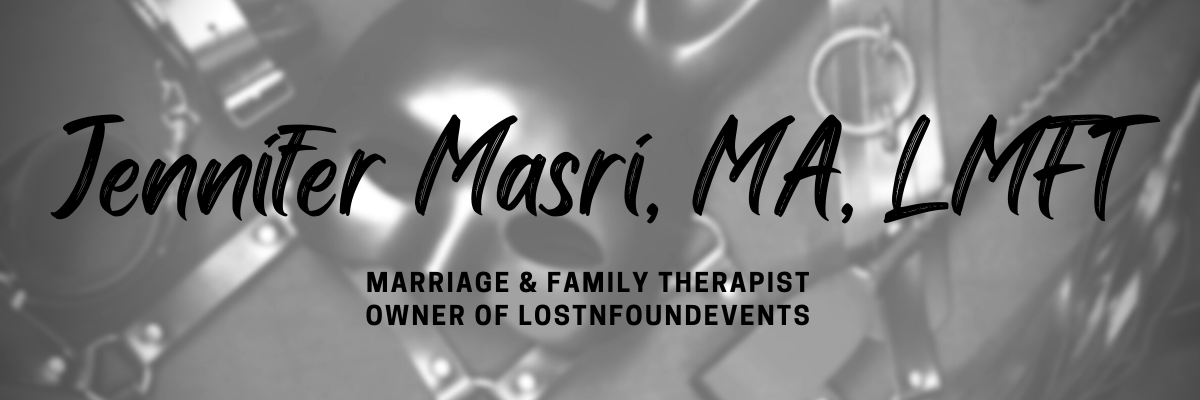Meta-communication or metacommunication, is a secondary communication (including indirect cues) about how a piece of information is meant to be interpreted. It is based on idea that the same message accompanied by different meta-communication can mean something entirely different, including its opposite, as in irony. The term was brought to prominence by Gregory Bateson to refer to “communication about communication”, which he expanded to: “all exchanged cues and propositions about (a) codification and (b) relationship between the communicators”. Metacommunication may or may not be congruent, supportive or contradictory of that verbal communication. (definition by Wikipedia, 2017)
Most people understand that a healthy relationship is chock full of good communication. If there is a problem or issue – to be able to sit down and discuss the issue, each partner expressing their viewpoint and opinion, and finding a resolution. This is a wonderful skill to have and it certainly helps a relationship flourish and move forward.
However, an additional skill that often gets overlooked is the ability to have communication about how you each communicate. Sometimes the way we communicate can get in the way of finding solutions to problems. I often find myself in my therapy practice walking couples thru their communication styles (often how they differ) in order for them to be able to focus on the actual problem.
Here’s a very common example of what I’m talking about. A couple has a fight or a problem that comes to the surface. (Going heteronormative here – bear with me) The male partner (I will call him “Steve”) says he needs some air and walks out and drives away. The female partner (I will call her “Linda”) gets even more angry and frustrated – running after Steve and yelling things like, “Oh sure just ignore me and leave like you always do!” She continues to sit at home stewing in anger. Meanwhile Steve is frustrated by Linda following him and screaming. He just knows he needs some time and is frustrated with her that she wants to push the issue right then and there.
Sound familiar? This is a scenario that happens a lot. So now what’s happened is that there is another layer of anger and fighting just about how each partner handled the argument. Perhaps when Steve comes back home there is a whole new fight about him leaving on top of the original issue.
This is a common manifestation when two people process differently. It’s an easy thing to fix once you have a conversation (with empathy) about it. What Steve and Linda will find is that Steve is the type of person who needs time after an argument (or maybe during if it’s really heated) to be alone in order to process and think about the presenting problem. He may also need that time to calm down if he tends to get heated and less logical when emotionally flooded. Linda, on the other hand, is the kind of person who processes in the moment and prefers to deal with issues head on until they are resolved. Taking a “break” feels extremely frustrating and when Steve would just walk away (before she understood why) it felt to her like he didn’t care.
Once both partners learn that they are different in how they process conflict – the hope is that they will no longer take it so personally and will be more empathetic to their partner’s needs, even though their needs are different. So if you and your partner seem to handle things in different ways or there is misinterpretation regarding how things are handled – talk about it. Have some communication about how you communicate. While it may sound like a lot of work or overwhelming – it is something that in the long run will be extremely beneficial to your relationship.

